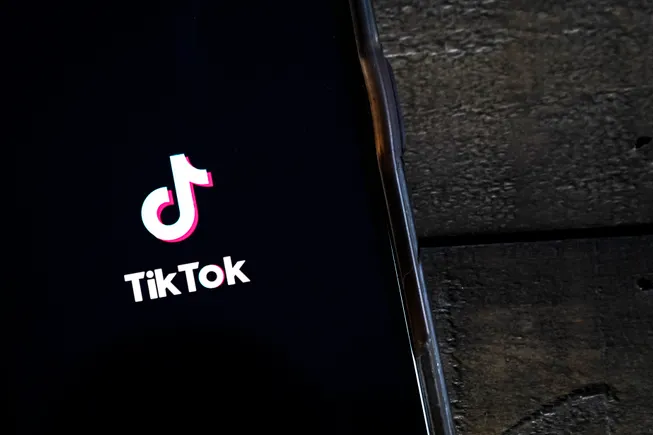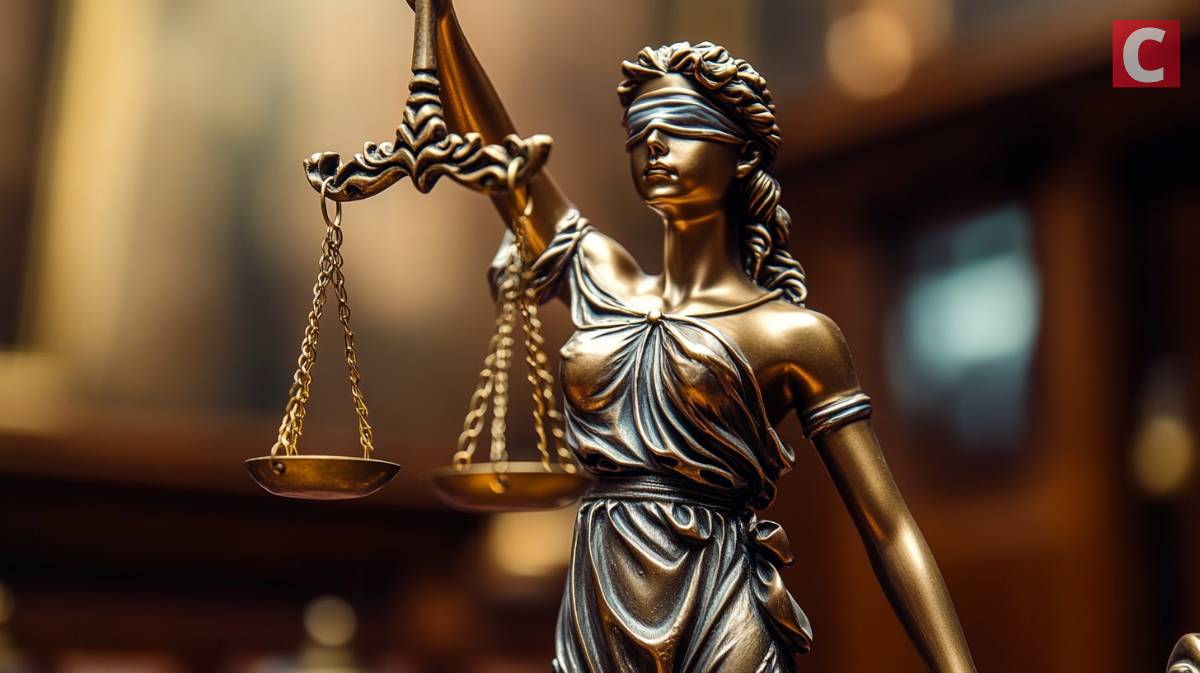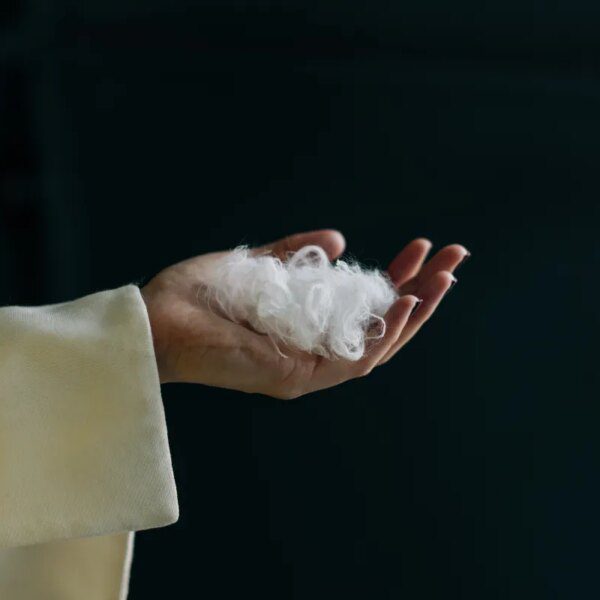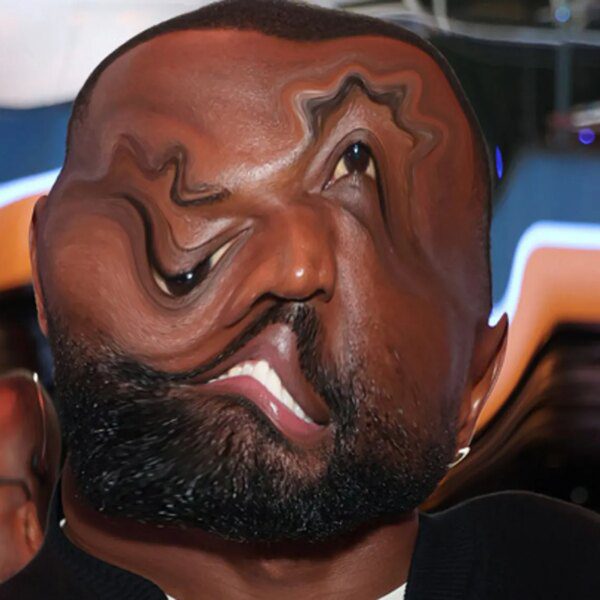**UPDATE: President Trump has now extended the TikTok sell-off deadline once again in order to enable this deal to be finalized.**
With the U.S. government confirming that it has the framework for a TikTok sell-off deal in place, ahead of this week’s deadline for such a an arrangement to be brought into effect, more information is now coming to light as to how, exactly, TikTok will continue to operate in the region, in alignment with the “Protecting Americans from Foreign Adversary Controlled Applications Act.”
Yesterday, U.S. Treasury Secretary Scott Bessent reported that a framework had been established for a final TikTok sell-off deal, which would see the app sold to a U.S. investor, while also enabling its Chinese-owned parent company ByteDance to maintain a key ownership stake.
Now, more details have been shared on the proposed deal, which, importantly, will see the TikTok algorithm remain in control of user experience, with the American buyer essentially leasing the algorithm from TikTok’s Chinese parent company.
Which may not quite meet the specifics of the TikTok sell-off act, which includes qualifiers relating to the operating systems of such platforms, and how the sell-off law applies to these elements. But then again, the bill also states that the President can determine the specifics of a divestiture deal “with respect to the operation of a content recommendation algorithm.”
So it seems that the President can make this call, which, in the end, will mean that TikTok will seemingly continue to function as normal in the U.S.
Reports have suggested that the new TikTok sell-off deal will likely include Oracle as a key partner. Oracle has long been linked to a TikTok-U.S. deal, with the company already supporting TikTok’s data separation project in the nation.
Reports have indicated that, as was first discussed back in April, the final TikTok sell-off will see the platform purchased by a U.S. consortium, which will be 50% owned by a group made up of Oracle, Blackrock, and Andreesen Horowitz, among others.
The group, to be called “TikTok America,” will also see current owner ByteDance take up a 19.9% stake, ensuring that TikTok’s Chinese parent maintains as much control as it can under the requirements of the sell-off bill.
It seems that this framework is still the most likely final outcome for the sale, though the more contentious element here was the sale of TikTok’s algorithm, with the Chinese government repeatedly noting that it will not sell the platform’s all-powerful interest-matching system.
Now, they’ve apparently found a middle ground on this.
So, in the end, after all of this negotiating, after years of debates over the safety (or not) of the app, and the ways in which Chinese operatives may be using TikTok to steal U.S. user data, and/or manipulate Americans with sophisticated algorithmic manipulation.
Despite all of this, it seems like TikTok will remain functionally unchanged, based on what we know of the TikTok-U.S. deal thus far.
Conceptually, a new version of TikTok will be created specifically for the U.S. market, but that version will use the same systems, and the same algorithms, licensed from its Chinese parent.
So from a user perspective, it’ll be the same app, with users then able to continue to experience the never-ending scroll of TikTok clips, without the concern that it might be cut off.
Is that a good outcome?
Well, it depends on what the actual concerns are, or were, about the app, with U.S. lawmakers refusing the share the specifics of the concerns that they had been made aware of, which first led to them voting to cut it off from its Chinese parent.
The speculation has been that TikTok could be used to spread pro-China messaging, and that this is a larger concern than the use of U.S. user data. But then again, TikTok has been found to be using U.S. user data to track journalists’ activity, while Chinese state-backed operatives continue to test American cybersecurity measures in virtually every other digitally-connected space.
In this respect, I would say that TikTok does still pose a threat, though it depends on the specifics of the algorithm deal, and how much oversight U.S. regulators can realistically have over such.
It seems like there won’t be a lot of sharing around how exactly that algorithm functions, which was a key focus from the Chinese side of the discussions, but we don’t know, and likely never will, so it’s impossible to say whether this is a reasonable compromise or not.
But for creators, the fact that TikTok looks set to continue on, unchanged, and no longer under threat, seems like a good thing.













